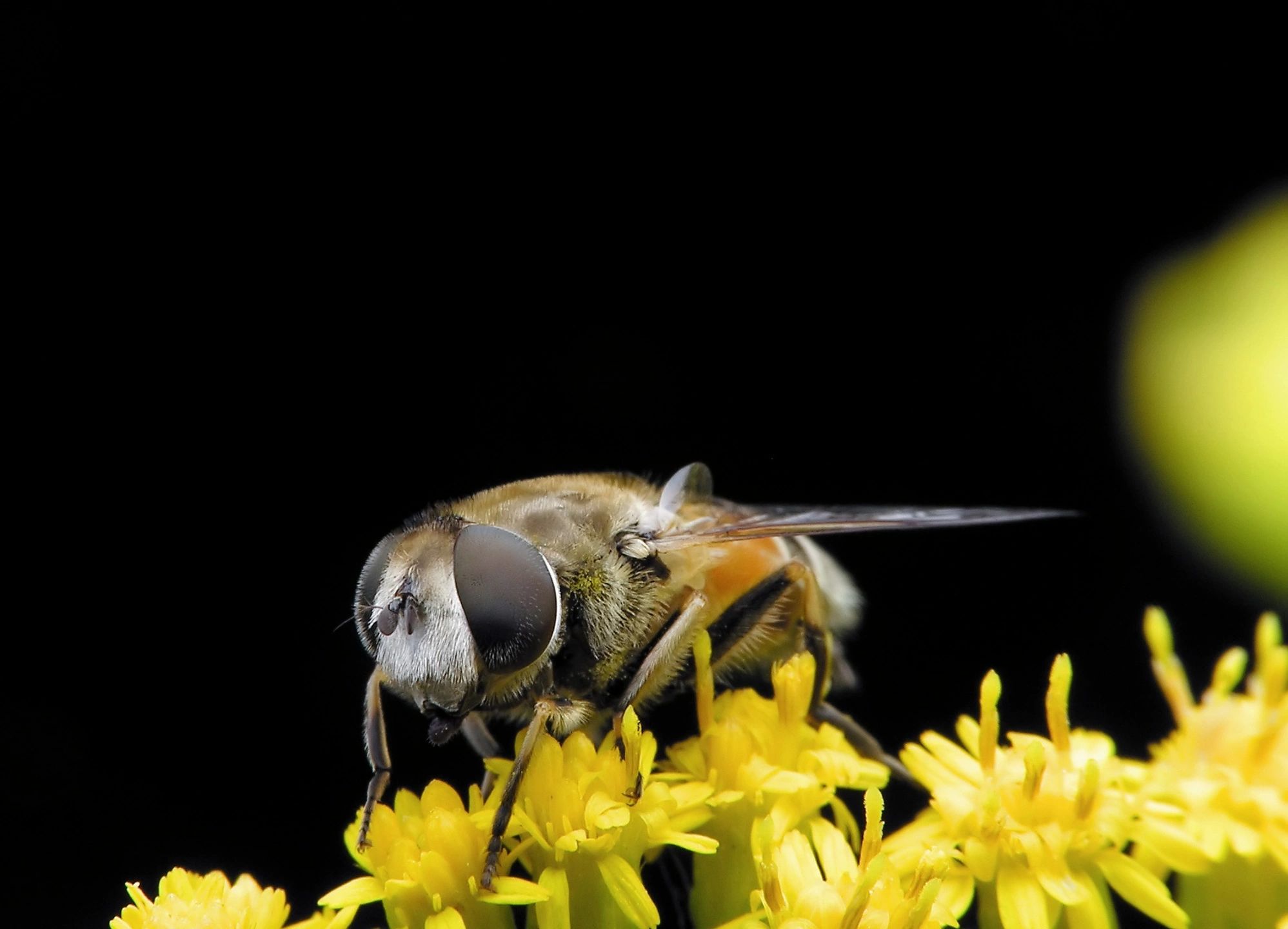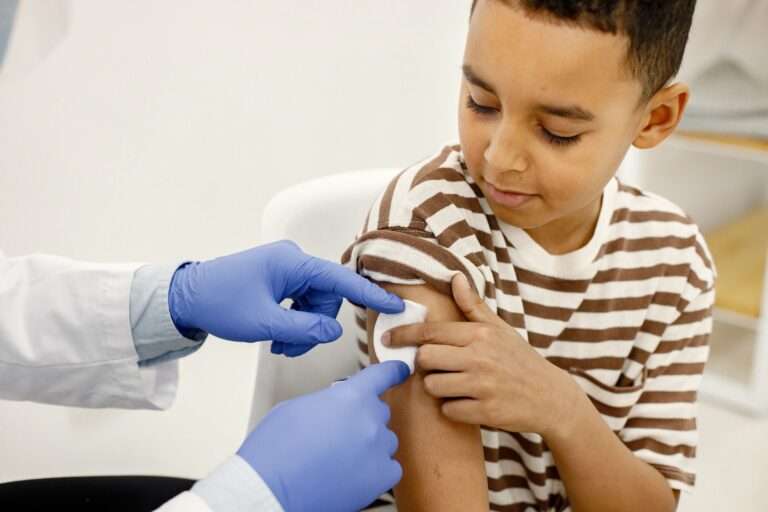Common insect allergies
Insect allergies in children can be caused by stings or bites from various insects, and they can lead to allergic reactions ranging from mild to severe. The most common insect allergies in children are associated with the following insects:
- Honeybee Stings: Honeybee stings can cause allergic reactions in children. These reactions may include localized swelling, pain, and redness at the site of the sting. In some cases, a child can develop more severe symptoms, such as hives, difficulty breathing, or anaphylaxis.
- Yellow Jacket Stings: Yellow jackets are aggressive wasps that can sting repeatedly. Allergic reactions to yellow jacket stings can range from mild to severe, with symptoms such as swelling, itching, hives, and, in severe cases, anaphylaxis.
- Paper Wasp Stings: Paper wasps can deliver painful stings, and some children may develop allergies to their venom. Reactions may include localized swelling, itching, and redness or more severe symptoms.
- Hornet Stings: Hornets, like yellow jackets, are aggressive stinging insects. Allergic reactions to hornet stings can range from localized symptoms to severe anaphylaxis.
- Fire Ant Bites: Fire ants are common in some regions and can deliver painful bites. Allergic reactions to fire ant bites can include localized swelling, itching, and the formation of pus-filled blisters. Some children may develop a more severe allergic reaction.
- Mosquito Bites: While mosquito bites are generally more of an annoyance than a severe allergic threat, some children may experience localized swelling and itching at the site of the bite. In rare cases, mosquito bites can transmit diseases like West Nile virus, which can have more serious health implications.
- Tick Bites: Tick bites can transmit various diseases, such as Lyme disease and Rocky Mountain spotted fever. While these conditions are not allergies in the traditional sense, they can cause severe health problems and may require medical attention if contracted.
- Flea Bites: Flea bites can cause itching and discomfort, but allergies to flea saliva are relatively rare. Some children may develop localized or mild allergic reactions to flea bites.
It’s important to note that not all children who are stung or bitten by these insects will develop allergies, and the severity of allergic reactions can vary widely. However, if you suspect your child may have an insect allergy or if they have previously had a severe allergic reaction to an insect sting or bite, it’s crucial to seek medical evaluation and consultation with an allergist or immunologist.
Allergists can perform tests, such as skin prick tests or blood tests, to determine whether your child is allergic to specific insect venoms. They can then provide guidance on how to manage and potentially treat the allergy, including the use of epinephrine auto-injectors (e.g., EpiPen) for emergency situations.
------------From our Sponsors------------









